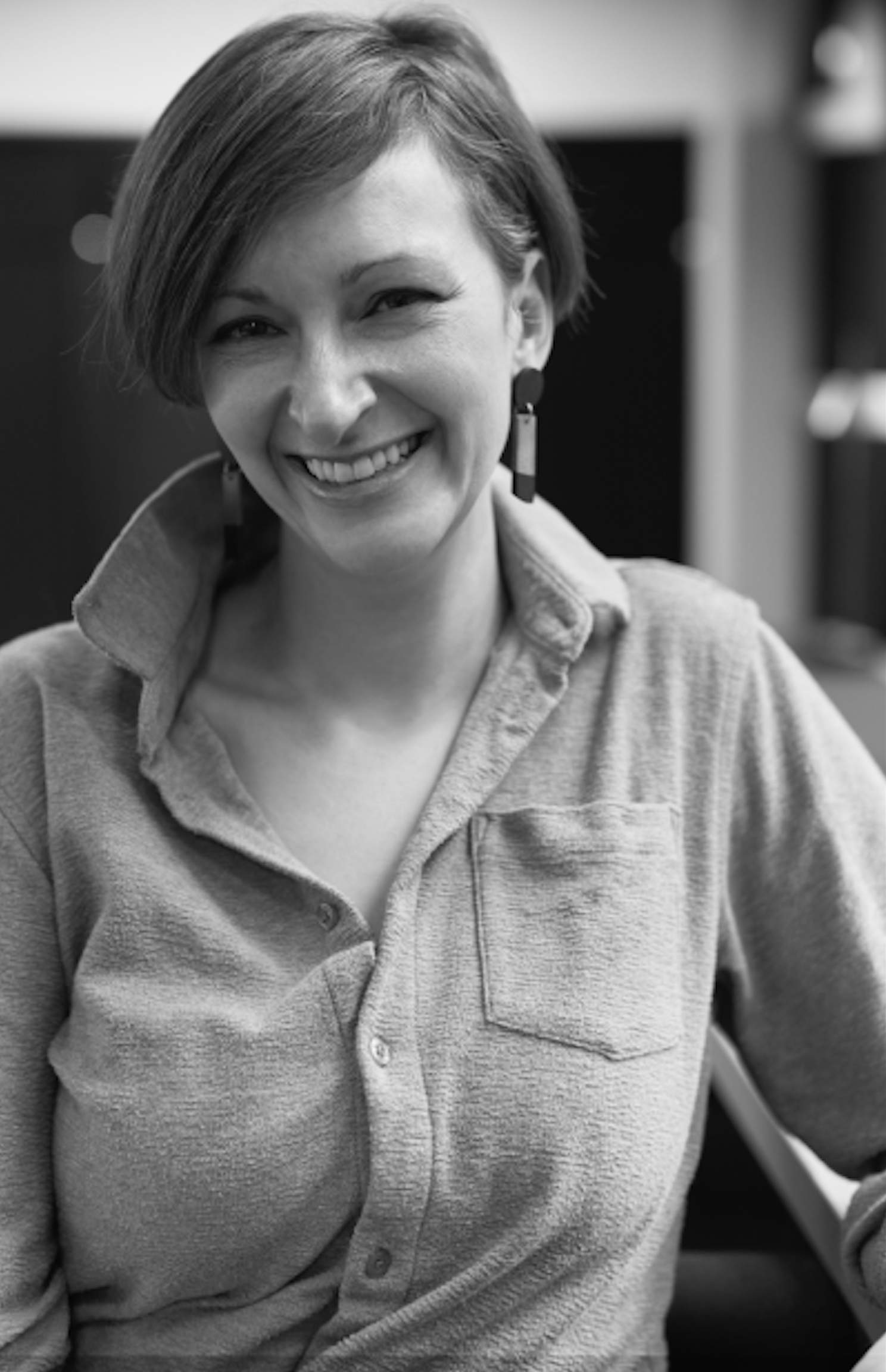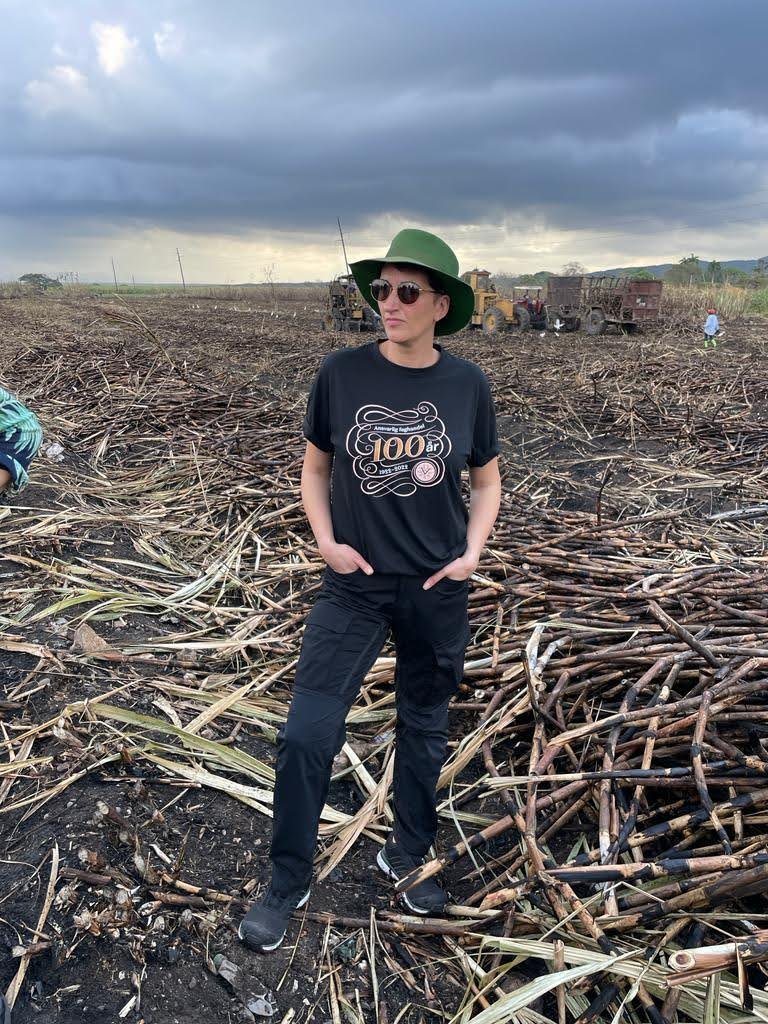Beyond Compliance: Sasha-Monique Elvik on Human Rights and Responsible Business
In Conversation with Tom Owtram
With a career spanning governance, global supply chains, and sustainability, Sasha-Monique Elvik has long worked at the intersection of policy, ethics, and commerce. Born in South Africa under apartheid, she carries a deeply personal understanding of inequality - and a conviction that business can, and must, be a force for positive change.
Now based in Norway, Sasha plays a leading role in advancing sustainability within one of the world’s most distinctive retail models: Vinmonopolet, the state-owned wine and spirits monopoly. Speaking here in a personal capacity, she shares insights from her journey - from pioneering due diligence programmes to building cross-sector collaborations - and reflects on how transparency, trust, and humility can drive lasting impact across the global drinks industry.
A personal journey
What first drew you to work at the intersection of sustainability, governance, and global supply chains?
Growing up under apartheid in South Africa, I saw the consequences of inequality and repression firsthand. That shaped my drive to create positive change. I also understood early on that businesses can play a transformative role - especially in countries where governments lack resources to enforce laws. Companies have the power to lead, not just comply.
Leadership in a state-owned model
Vinmonopolet plays a unique role as a state-owned retailer. How does this shape your sustainability priorities?
While I’m speaking here in a personal capacity, I do believe that working within a state-owned model offers a unique opportunity to prioritise long-term societal value over short-term profit. It allows for a more holistic approach to sustainability - one that integrates ethics, transparency, and accountability.
Being government-owned also means our programmes must always address risks. With limited budgets and no access to private foundations, our work is grounded in real-world challenges. That clarity helps keep us focused and ensures that our efforts remain both practical and impactful.
Due diligence and human rights
You’ve led key projects around due diligence and human rights. How has your approach evolved in response to the Norwegian Transparency Act?
The Transparency Act has sharpened businesses’ focus on accountability and traceability, but for me, due diligence has always been about more than compliance. It’s about transparency, understanding risks, the lived realities of workers, and taking responsibility for creating programmes that bring betterment.
Over the years, I’ve been part of initiatives that go beyond risk mitigation: tackling substance abuse, conflict management, and gender-based violence in South Africa; promoting responsible recruitment; and preventing modern slavery globally. These experiences have taught me that trust, cultural sensitivity, strong local partners, and long-term engagement are essential for real impact.
Defining long-term impact
Sustainability is often framed as a goal. What does long-term impact look like to you?
Long-term impact means shifting sustainability from a “nice to have” to a “need to have” - embedding dignity and fairness into supply chains.
Measuring progress requires both data and lived experience: worker feedback, grievance mechanisms, wellness indicators, and transparency. But above all, it requires humility - the willingness to listen, adapt, and commit over time.
Collaboration and co-creation
What are some of the most effective partnerships you’ve been part of?
Some of the most impactful work has involved collaborations with organisations such as Systembolaget, Alko, Vinbudin, amfori BSCI, Fairtrade, CIVC, the Sustainable Wine Roundtable, Stronger Together, and Procare in South Africa.
These efforts taught me the power of bringing diverse perspectives together - from scientists and activists to buyers and producers. When we co-create solutions, rather than impose them, we build trust and resilience. That’s where real transformation begins.
Gaps and misconceptions
Where do you see the biggest gaps in the industry’s sustainability conversation right now?
One gap is the belief that social sustainability can be solved with a checklist. In reality, it’s a continuous process that demands deep engagement.
Another misconception is that responsibility lies only with the supply chain. Buyers and retailers have immense influence and must use it to support fairer, more inclusive practices. The good news is that this can also make business sense. For example, a project with La Isla Network in Central America showed that providing shade and rest breaks improved workers’ health and increased productivity and ROI. That’s the definition of a win-win.
Building trust across cultures
How do you navigate power dynamics and build trust with producers globally?
It starts with respect - recognising that supply chain actors are experts in their own contexts. I try to approach every conversation with curiosity and humility, and to create space for honest dialogue.
Producers are often willing to meet higher standards if they’re supported - especially with longer-term contracts and genuine partnership. Trust comes from being consistent, transparent, and following through on commitments, while also recognising and working to redress structural imbalances in global trade.
Communicating sustainability
What have you learned about communicating sustainability effectively?
Clarity and authenticity are key. People want to understand the “why” behind our actions, and storytelling grounded in real experiences can be very powerful.
It’s also not as risky as some think to be transparent about supply chain risks. In fact, it builds credibility. Acknowledging challenges and showing how you’re addressing them inspires far more trust than pretending there are no issues at all.
Influences and inspirations
What has influenced your thinking recently?
An email from a South African producer who took part in our employee wellness programme really struck me. We invested less than we would in audits, but the empowerment training had such impact that producers themselves asked for more. That told me we were on the right track.
I’ve also been inspired by CIVC in France taking legal action against unethical labour providers. Seeing local organisations take such a strong stance against exploitation gives me hope.
A lasting legacy
What kind of legacy would you like your work to leave?
I hope my work helps redefine success - from profit alone to wellbeing as part of profit. I want to inspire future leaders and buyers to ask tough questions, act with empathy, and see sustainability not as a cost, but as a smart investment.

